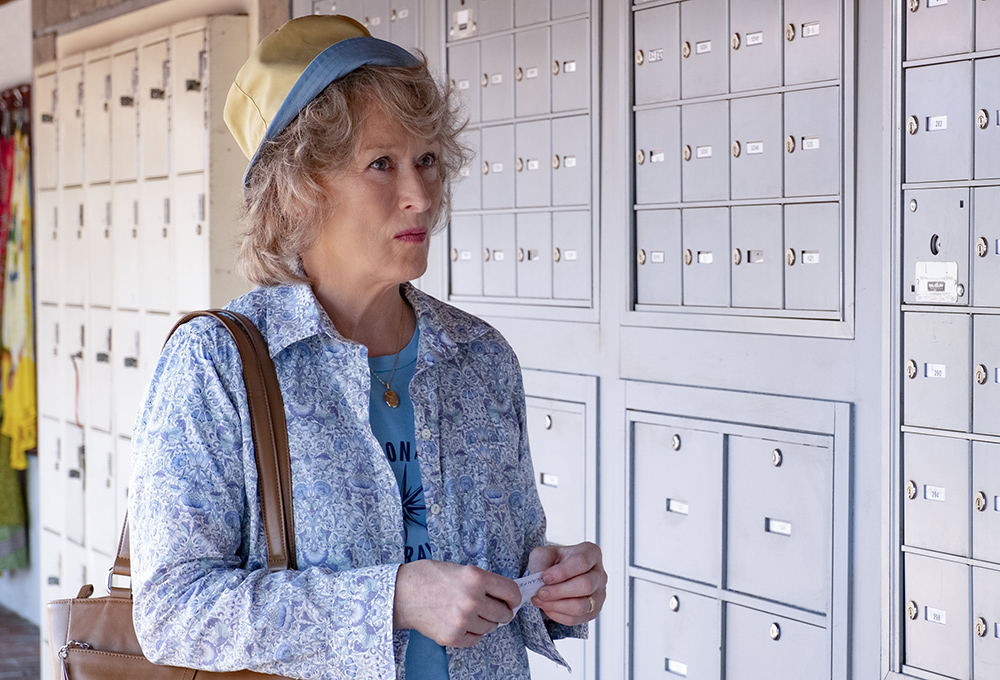Adorned with charming performances by Meryl Streep, Antonio Banderas, Gary Oldman, and Sharon Stone (among others), Steven Soderbergh’s “The Laundromat” sheds light onto the infamous financial swindles of Mossack Fonseca, a former law and corporate services firm based in Panama. Mossack Fonseca provided offshore financial services to thousands of companies and individuals, worldwide, between 1977 and 2016, until its dubious ways of carrying out its operations were ultimately exposed to the public by a German newspaper with the help of a whistle-blower.
Other than Meryl Streep’s grounded and humble character, it is Antonio Banderas and Gary Oldman’s flattering ensemble in the film that deserves special applause, as they bring about Ramón Fonseca Mora and Jürgen Mossack’s deceptive nature on the screen for the world to see. Banderas is especially a fine choice to portray Ramón, owing to his resemblance with the latter.
The movie draws a quick sketch showcasing the rise and fall of Jürgen and Ramón’s co-founded empire, which kept working under shadows until the sun finally rose on their operation. “The Laundromat” is inspired from the 2018 documentary “The Panama Papers,” directed by Alex Winter, which was the first film that attempted to disclose the massive financial misdeeds carried out by Mossack Fonseca.
Thousands of people and businesses were able to hide their assets and evade taxes by transferring their money to tax havens built at various offshore locations around the world. “The Laundromat” is a fresh take on the subject, and taking the best advantage of this opportunity, Steven Soderbergh is not been afraid to paint a frightening picture of how flawed and gullible our finance laws and regulations become when wealthy individuals and entities enter the space.

As a contrasting element, the film also shines light on how rigid, and sometimes, manipulative, the same laws become when it is common, law-abiding, hardworking citizens who asks for their rights. Here, it is a grieving widow, Ellen Martin (Meryl Streep), who desperately circles various companies in hopes for receiving her insurance money right after her husband, Joseph (James Cromwell), dies by falling off a boat.
The film smoothly blends both aspects of the subject. In a runtime below 1 hour and 40 minutes, most of the movie progresses in a good flow; however, there are certain instances where some characters’ conversations become hard to follow and relate to in the overall plot of the film. Some scenes spanning several minutes look like extras or fillers rather than main elements. Nevertheless, assuming that the story might feel boring and serious to many—and that subjects like this are handled better by documentaries rather than mainstream films—“The Laundromat’s” fun elements succeed in delivering a comic feel to the viewers, while not steering away from its serious subject.
Analysing with a neutral viewpoint, “The Laundromat” is a laser beam which knows its focus, and a spotlight that doesn’t miss its target. It is one of the rare films that goes beyond conventional barriers to tackle its subjects fearlessly. At a time when the role of media in society is becoming more crucial every day, perhaps cinema can extend a helping hand and bring more issues in the world under the lens.

